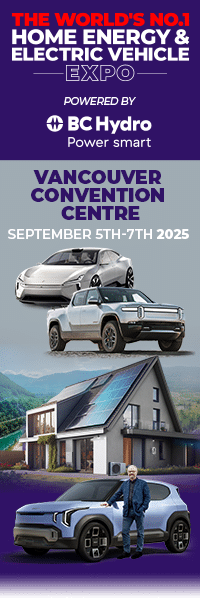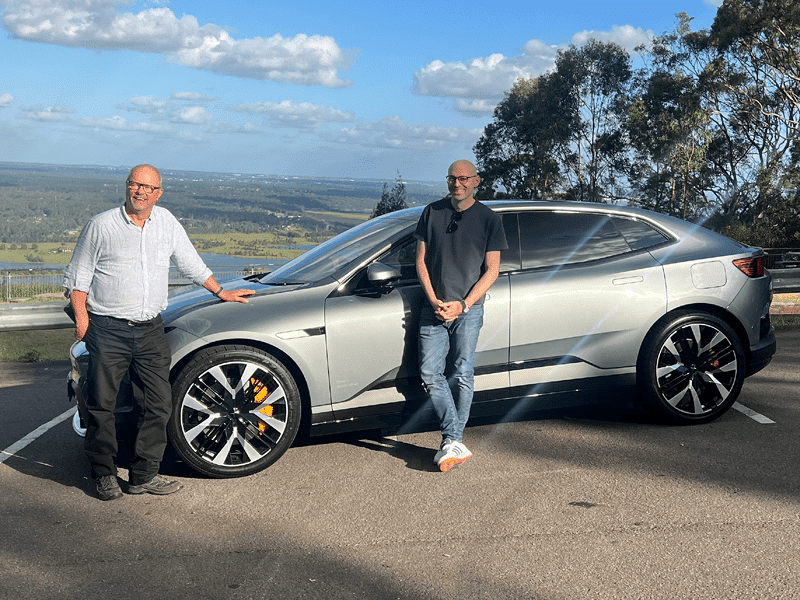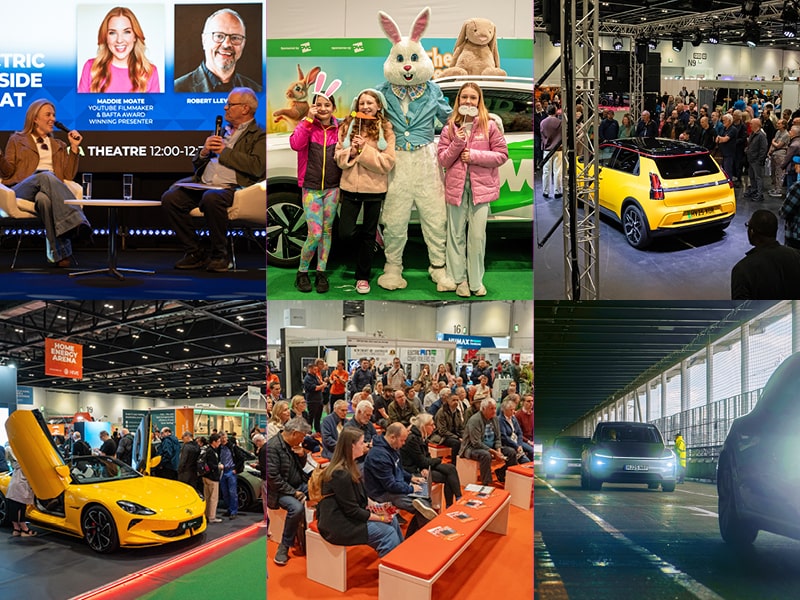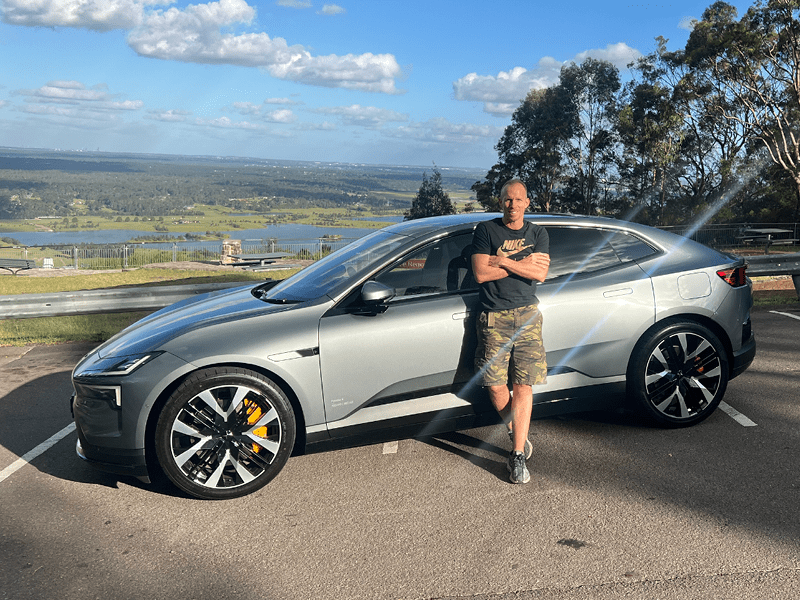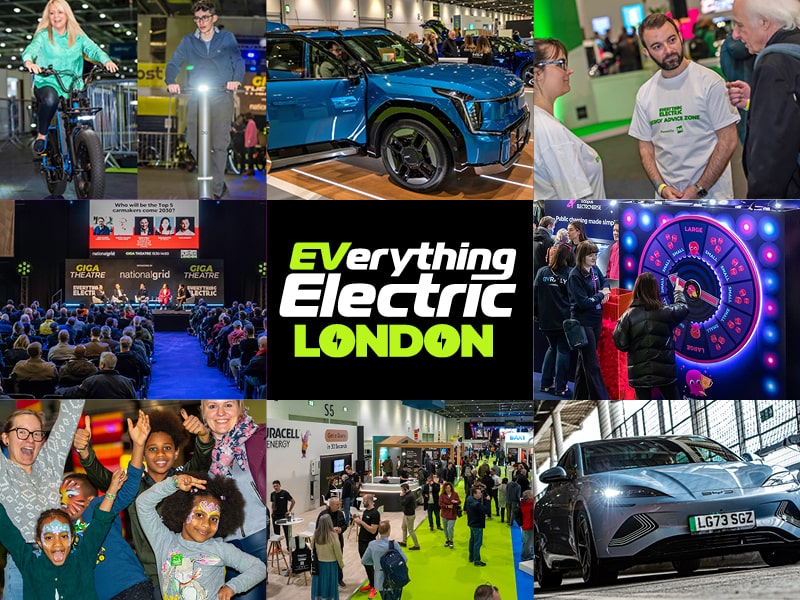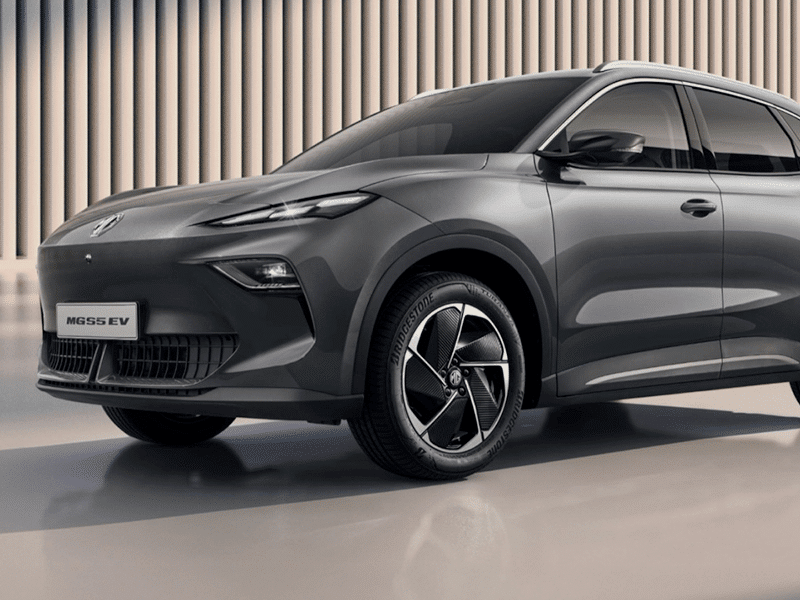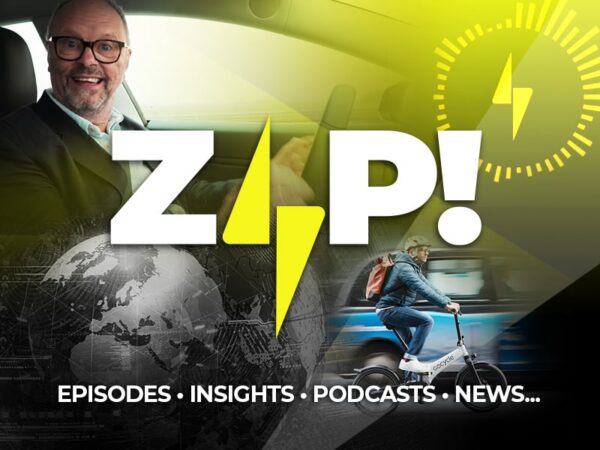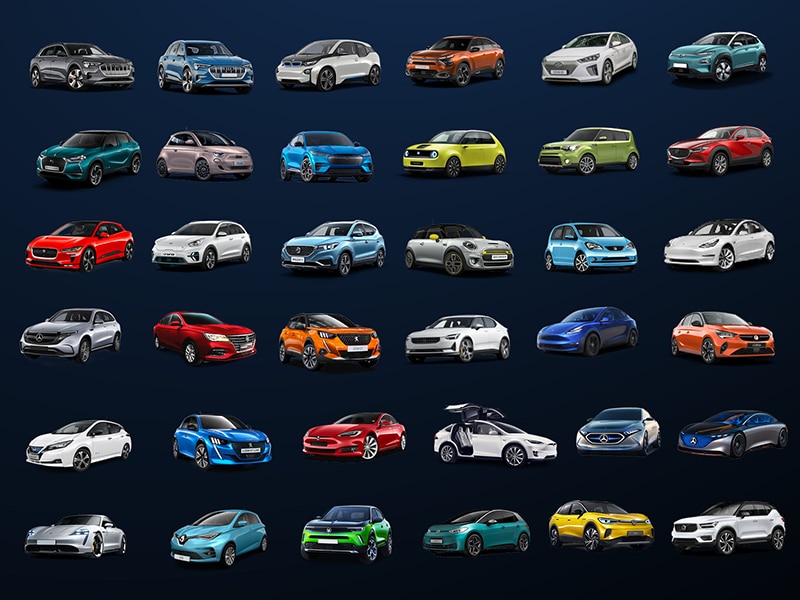
Ten years ago, you would have been laughed at, if you had said that by 2020, the most valuable automaker in the world would be a Silicon Valley start-up.
Spool forward, and you would be hard pressed to find anyone who hadn’t heard of Tesla. This is all the more astounding, as it doesn’t spend a dollar on ‘above the line’ advertising.
As every EV (electric vehicle) owner knows, it’s now nearly impossible to drive electric without attracting the attention of those that are actively considering ‘the switch’.
What on earth is going on?
Sector experts accept that we are in the midst of a seismic shift towards clean energy – led by solar, wind and batteries – plus, electric vehicles of all shapes and sizes.
Like it or loathe it, the energy transition is as unstoppable as the one that has torn through the technology sectors, creating scores of new companies, and killing off countless more.
After 10 years of coverage, Fully Charged – the world’s no.1 electric vehicle and clean energy channel – is as familiar as it’s possible to be, to what is now the hottest of topics.
While it is our sincere hope that the long-established brands survive, there is an extinction event hurtling towards the ‘big beasts’. Will all of them be agile enough to adapt?
After 600 episodes, Fully Charged has amassed a global audience of more than 2.5 million viewers, as such, we have a deep understanding of prospective (and current) EV owners.
Having conducted its most comprehensive clean energy and electric vehicle survey ever, with more than 80 questions, analysis of the 13,181 responses, poses a question in of itself.
Are electric car consumers really who the carmakers think they are?
Naturally, car companies will always look to their loyalists in the first instance: but what if those customers are so captivated by combustion engines, that they are last to switch?
If the ‘pioneers’ and the ‘early-adopters’ were the 1st and 2nd layers of EV buyers, we are now starting to peel away at the 3rd layer of EV buyers in the UK; the ‘early mainstream’.
These are the ‘EV-curious’ that are actively looking to leap – like the 62.11% of the Fully Charged audience that have yet to convert to a pure EV – and for whom, YouTube videos have quickly eclipsed traditional TV to become ‘the test drive, before the test drive’.
After all, why waste valuable resources trying to convert the 4th layer (‘late mainstream’), and the 5th layer (‘the laggards’) when they are not easily persuadable? And in many cases are simply not ready to say goodbye to their gas-guzzlers?
Here are some of the standout statistics from the Fully Charged survey, as sponsored by EV Box and Liberty Charge:
- The survey was promoted by Fully Charged and Which?
- 13,181 responses were received over 10 days in late November
- 1,107 of respondents were unaware of Fully Charged
- 12,074 of respondents were aware of Fully Charged
- Only 37.89% of Fully Charged viewers have a battery electric vehicle; while 96.34% intend to purchase a battery electric vehicle as their next car
- The average Fully Charged viewer is male (95.4%), a medium earner (50.59.%), aged 42, and owns his car outright (69.71%)
- Fully Charged is a consumer channel, but 14.32% of viewers work within the energy & transport sectors; notably though 25.44% work within technology
- 96% of Fully Charged viewers are interested in electric cars, 91.62% in clean energy and 89.53% in future technologies
- The survey asked about changing attitudes in a post-COVID world: of those that said their attitude had changed 96.86% were ‘more/much more’ concerned about their personal environmental impact: 61.42% confirmed they were now ‘less/much less’ interested in train travel; 87.81% ‘less/much less’ interested in flying for business; 80.56% ‘less/much less’ interested in flying for holidays; and 79.34% ‘less/much less’ interested in flying for family reasons.
- Furthermore, the survey also highlighted changing attitudes to cars; 96.49% are now more/much more interested in electric cars & vehicles; 70.13% of those surveyed saying car usage should be reduced somewhat; 68.98% stated we should switch to smaller or much smaller cars. Additionally, 91.28% confirmed that they were ‘more/much more’ interested in electric bikes.
- In terms of influence, 54.81% and 62.51% confirmed that their switch to clean energy and electric vehicles respectively was influenced by Fully Charged; 82.22% cited the channel’s independence as being of key importance
- When asked the most important factors to consider when buying an electric car, range, price, speed of charging and technology ranked highest respectively. Aesthetic design, brand and acceleration ranked lowest respectively.
- Of those with pure EVs, 83.03% rated their overall experience of charging EVs as easy or quite easy; pure EV owners confirmed that 84.81% of charging is currently conducted at home; however, only 23.81% charge on a daily basis
- Furthermore, 50.75% of pure EV owners that charge at home confirmed that they had changed their energy supplier and/or energy tariff as a direct result
- 54.87% of ALL respondents cited ‘environmental’ concerns as the primary motivation for switching to electric; ahead of ‘economic benefits’ 18.44%
- 88.94% of ALL respondents admitted that the advent of electric cars could mean they choose an entirely new brand to those that they have previously preferred
Dan Caesar, Managing Director of Fully Charged
Follow Dan on Twitter.
About Fully Charged
Fully Charged was founded by actor, presenter and writer Robert Llewellyn in 2010 and has a global audience of more than 2.5 million viewers. With more than 600 episodes on YouTube, and a weekly chart-topping podcast, Fully Charged is the world’s no.1 consumer channel on electric vehicles and clean energy. 100% electric and 100% independent; the channel offers everything from beginners’ content (Maddie Goes Electric) to test drives of every electric vehicle, educational content on related topics like Battery Recycling, and our latest episode on an Electric Forecourt that can simultaneously charge 36 cars using sustainable energy. Other educational initiatives include the ‘EV World Cup’ (December 2020) where ‘EV-curious’ consumers can compare more than 30 electric cars, and the world’s biggest festival of clean energy & electric cars ‘Fully Charged OUTSIDE’ (June 2021).
